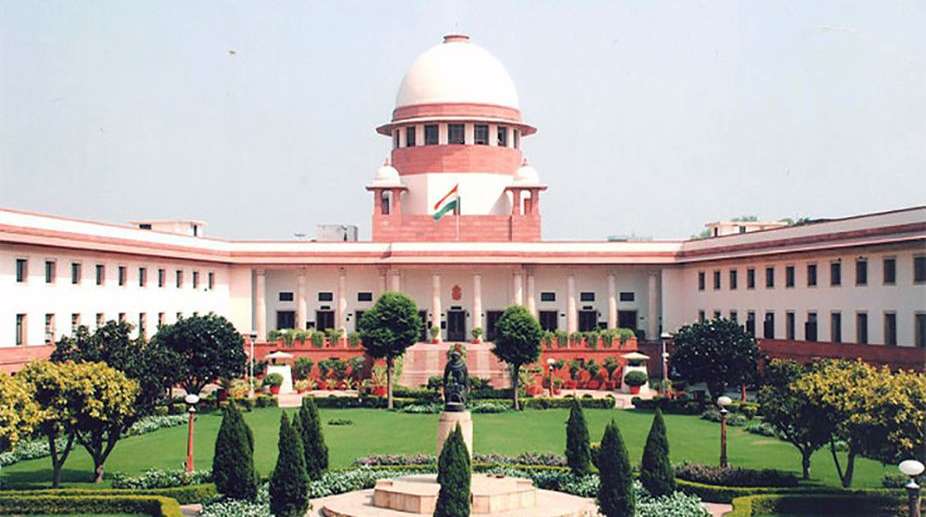SC issues notice to ED on Kejriwal’s plea against arrest, next hearing on April 29
A bench of Justices Sanjiv Khanna and Dipankar Datta issued notice to the ED seeking its response on Kejriwal's plea by April 24.

PHOTO: AFP
Though delayed, Tuesday’s judgment of the three-judge Bench of the Supreme Court, presided over by Chief Justice of India J S Khehar, directing the Kerala government to release the entire compensation to more than 5,000 victims of the banned pesticide endosulfan, mostly newborn children and their families, in three months, is to be welcomed.
The victims are terminally ill from the effects of the pesticide sprayed aerially on cashew plantations adjacent to human habitats in Kasaragode district of Kerala. The Bench also issued a contempt notice against a group for publishing an advertisement in an English daily in March 2012 with a picture of the then Chief Justice, Justice SH Kapadia, claiming that medical reports and surveys on endosulfan victims were fabricated.
Of the 173 countries in the Stockholm Convention, that debated whether or not endosulfan should be banned globally, in Geneva on 24 April 2011, 125 countries banned it outright. Forty-seven chose to sit on the fence, alone in the comity of nations India stood out, arguing vehemently for endosulfan, saying the US Federal Drug Administration ruled in 1998 that the deadly pesticide posed no health hazard.
Advertisement
What the Indian delegation kept under wraps at the Stockholm Convention was the ruling of the US Fish and Wild Life Service that endosulfan was fatal to endangered fish species. Endosulfan, it declared, “poses unacceptable risks to farm workers and wildlife”.
Agriculture minister Sharad Pawar in the United Progressive Alliance government of Manmohan Singh, abetted by Environment minister Jairam Ramesh, was the lone crusader for endosulfan.
Replying to a question in the Lok Sabha on 22 February 2011, Pawar misled the House saying that many states did not want a ban on the pesticide and that there was no scientific basis for actions recommended on endosulfan by the Stockholm Convention.
A study undertaken by the Kerala government found that endosulfan led to high abortion rates, infertility, intra-uterine deaths and kidney, liver and neuro-behavioural disorders. Among children, congenital heart disease, cerebral palsy and skeletal abnormalities were found.
Schoolgirls were diagnosed with high levels of estrogen which, in the long run, led to cervical and breast cancers. In Kasaragode, 4,273 victims were identified. Thirty-eight per cent of the victims suffered from neuro-behavioural, cognitive disorders while 15 per cent suffered from endocrine, reproductive disorders. Gujarat opposed the ban because it had a vested interest.
Two of the three endosulfan manufacturers, Excel Crop Care Limited and Coromandel International Limited, were based in the state. The licence of the third, public sector Hindustan Insecticides Limited in Ernakulam, to manufacture endosulfan, was cancelled following a satyagraha led by former Kerala Chief Minister VS Achuthanandan. Every industry has a social responsibility.
Advertisement